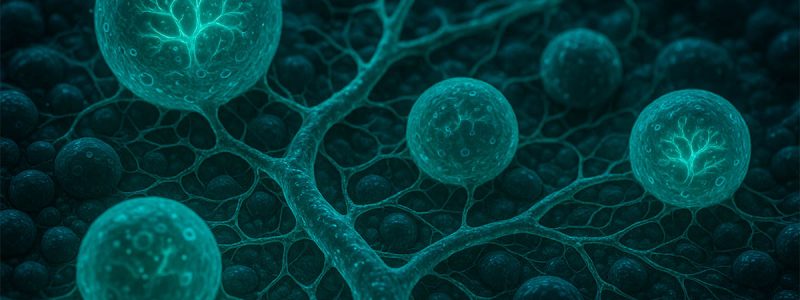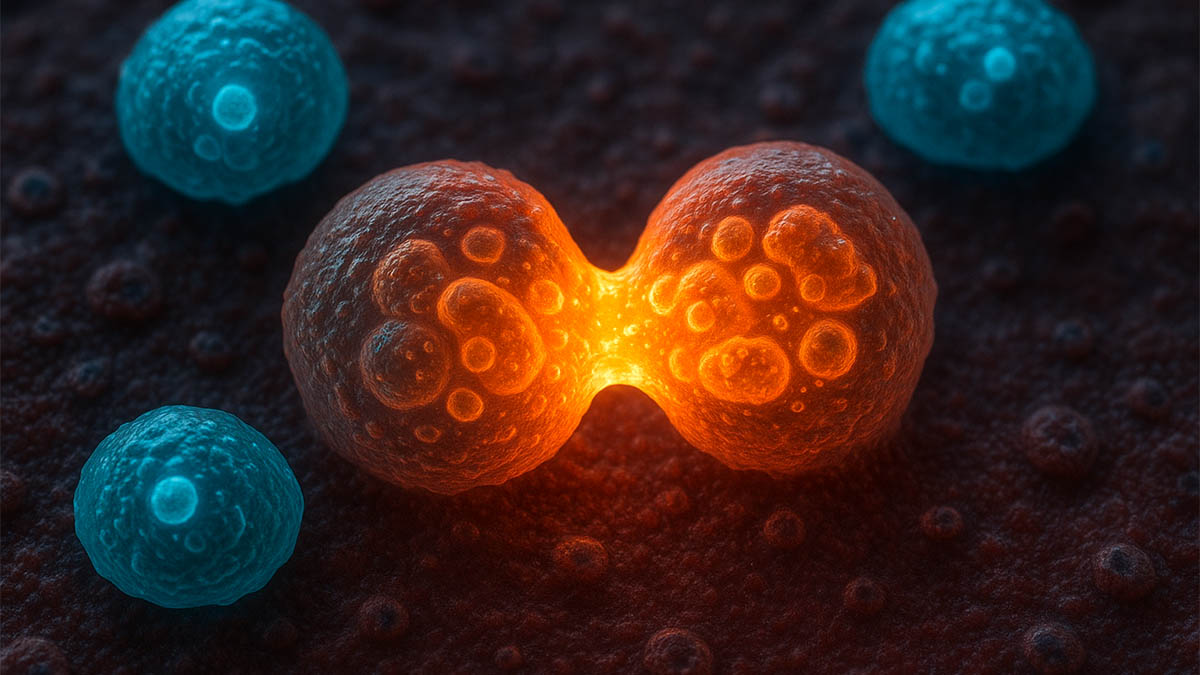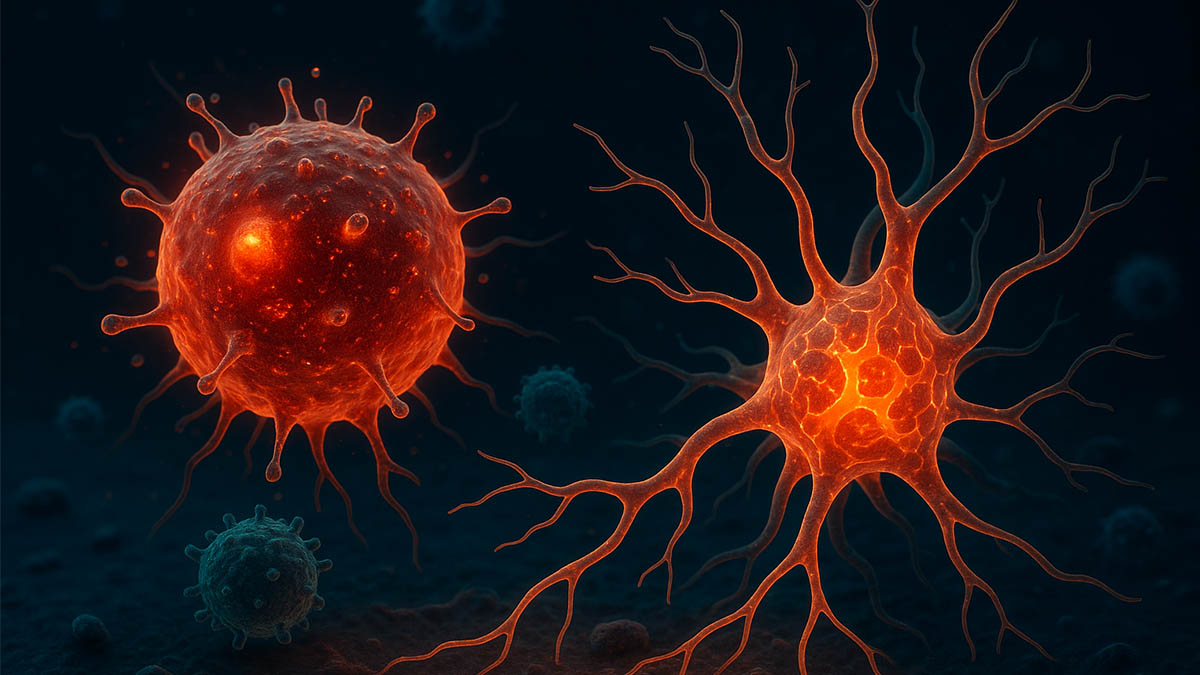Autism Spectrum Disorder (ASD) is a complex neurodevelopmental condition characterized by challenges in communication, social interaction, and repetitive behaviors. While conventional interventions rely on behavioral therapy, educational programs, and pharmacological management, stem cell therapy is emerging as a potential adjunctive approach, focusing on neurological repair, immunomodulation, and neuroinflammation reduction.
Stem cell therapies in the USA are guided by strict regulatory frameworks, ensuring patient safety and treatment efficacy. Clinical protocols involve mesenchymal stem cells (MSCs) derived from umbilical cord tissue, bone marrow, or adipose tissue, each selected for neuroprotective, anti-inflammatory, and trophic properties.
Mesenchymal Stem Cells (MSCs)
MSCs are the most frequently utilized stem cells in autism treatment due to their neuroregenerative and immunomodulatory properties. Sources include:
- Umbilical Cord Tissue: Non-invasive, abundant, and capable of modulating immune responses and neuroinflammation.
- Bone Marrow: Autologous or allogeneic MSCs harvested from the patient or a donor, with potential for motor and cognitive improvements.
- Adipose Tissue: Offers a high yield of MSCs; commonly used in research trials for pediatric and adult patients.
Cord Blood Stem Cells
Cord blood cells are rich in hematopoietic and progenitor cells, which can support neurological development and reduce systemic inflammation. Allogeneic cord blood is carefully HLA-matched to minimize immune rejection risks.
Autologous vs. Allogeneic Cells
- Autologous Stem Cells: Derived from the patient, reducing immune rejection risks.
- Allogeneic Stem Cells: Derived from donors, providing higher cell counts and regenerative potential, but requiring immune compatibility testing.
Mechanisms of Action in Autism
Stem cells may improve ASD outcomes through multiple biological pathways:
- Neuroprotection: Secretion of neurotrophic factors supports neuronal survival and synaptic plasticity.
- Immunomodulation: MSCs modulate pro-inflammatory cytokines, potentially reducing neuroinflammation implicated in ASD.
- Neurogenesis and Synaptic Repair: Stem cells may differentiate into neural cells and integrate into existing circuits, supporting cognitive and social function.
- Angiogenesis: Improved cerebral blood flow and vascular support can facilitate neural repair and functional recovery.
Clinical Evidence
Clinical trials in the USA demonstrate promising but variable outcomes in autism stem cell therapy:
| Study | Stem Cell Type | Patient Age | Outcome | Follow-Up |
|---|---|---|---|---|
| Duke University, 2021 | Umbilical Cord MSCs | 2–8 years | Improved social responsiveness and communication | 12 months |
| University of California, 2020 | Autologous MSCs | 3–12 years | Enhanced adaptive behaviors and reduced stereotypic actions | 18 months |
| Stanford University, 2019 | Allogeneic Cord Blood | 4–10 years | Increased cognitive performance and language skills | 24 months |
Results highlight greater improvements in younger patients and the importance of early intervention for optimal outcomes. However, therapies remain experimental, and long-term efficacy requires further investigation.
Procedure Overview
- Initial Evaluation: Comprehensive assessment including behavioral analysis, cognitive testing, and neurological examination.
- Cell Preparation: MSCs or cord blood cells processed in FDA-compliant laboratories, adhering to Good Manufacturing Practice (GMP) standards.
- Administration: Cells delivered intravenously or intrathecally, with careful monitoring for immune response and adverse events.
- Integration with Therapy: Stem cell treatments are often combined with occupational therapy, speech therapy, and behavioral interventions.
- Follow-Up: Regular evaluations assess social behavior, cognitive function, and developmental milestones.
Cost Considerations
The cost of autism stem cell treatment in the USA is significantly higher than in other countries due to regulatory compliance, facility standards, and integrated care programs:
| Stem Cell Type | Average Cost (USD) | Notes |
|---|---|---|
| Autologous MSCs | $25,000 – $50,000 | Includes preparation, administration, and follow-up care |
| Allogeneic Cord Blood | $40,000 – $75,000 | Requires donor screening, immune monitoring |
| Umbilical Cord MSCs | $30,000 – $60,000 | Often includes multi-session rehabilitation |
| Experimental Protocols | $50,000 – $100,000 | For research participants in FDA-approved trials |
Families may explore insurance coverage, clinical trial participation, or financing options to mitigate costs.
Safety and Regulatory Considerations
- FDA Oversight: Stem cell therapies in the USA are regulated as biologics, with emphasis on patient safety, ethical standards, and protocol compliance.
- Adverse Effects: Generally mild, including low-grade fever, headache, or transient discomfort at infusion sites.
- Screening and Monitoring: Comprehensive pre-treatment screening ensures eligibility, immune compatibility, and safety.
- Facility Accreditation: Treatments performed in FDA-compliant, GMP-certified facilities, often affiliated with academic medical centers.
Limitations and Expectations
- Stem cell therapy is not a cure for autism but may provide adjunctive support for social, cognitive, and behavioral improvements.
- Outcomes vary based on age, severity of symptoms, and type of stem cells used.
- Multiple treatment sessions may be required to achieve meaningful results.
- Families should combine therapy with evidence-based behavioral and educational interventions.
How much does autism stem cell treatment cost in the USA?
Costs range from $25,000 to $75,000 USD, depending on cell type, clinic, and treatment protocol.
What improvements can patients expect?
Possible improvements include enhanced social interaction, cognitive function, and behavioral stability, particularly when therapy is combined with supportive behavioral interventions.
Comparative Cost Table
| Country | Stem Cell Type | Average Cost (USD) | Notes |
|---|---|---|---|
| USA | Autologous MSCs / Cord Blood | $25,000 – $75,000 | FDA-regulated, high-quality facilities |
| Mexico | MSCs / Cord Blood | $10,000 – $25,000 | COFEPRIS-certified, cost-effective |
| India | MSCs / Cord Blood | $12,000 – $30,000 | Experimental protocols, integrated care |
| Thailand | MSC Therapy | $15,000 – $28,000 | Rehabilitation-inclusive programs |
Autism stem cell treatment in the USA represents a promising frontier in neurodevelopmental therapy, offering potential improvements in social, cognitive, and behavioral domains. Families considering stem cell interventions should prioritize FDA-compliant facilities, clinical evidence, and integrated therapy programs to ensure safe and effective outcomes.
With advancements in stem cell research and regenerative medicine, early intervention combined with behavioral and educational support may provide children and adults on the autism spectrum with enhanced developmental trajectories and quality of life.


